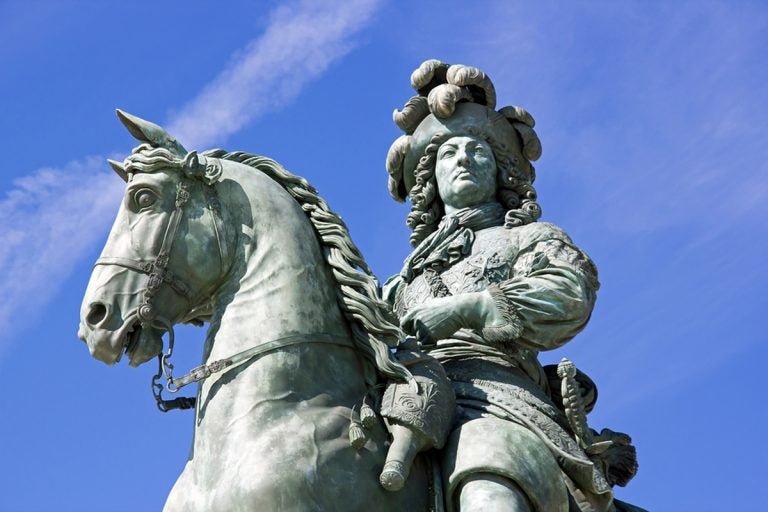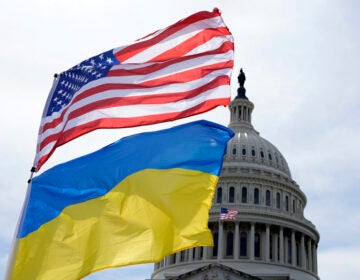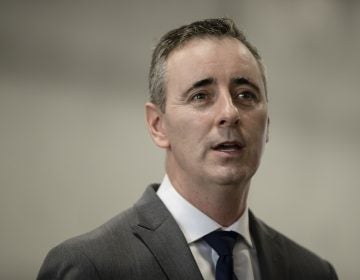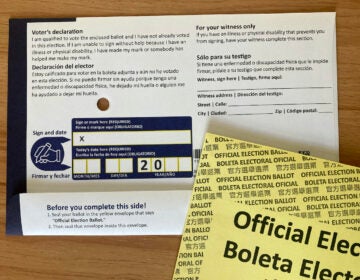A Trump lawyer invokes the divine right of Trump
The Trump lawyer argues that presidents are not subject to the rule of law that governs mere mortals. The Supreme Court disagrees (as do many GOP lawmakers).

An equestrian statue of France's Louis XIV is shown at the palace at Versailles. (Neko92vl/Bigstock Photo)
We knew it would come to this. Trump lawyer John Dowd contended yesterday that a president, by definition, “cannot obstruct justice because he is the chief law enforcement officer.”
There you have it, the last refuge of the scoundrel, a quintessential mashup of Richard Nixon (“when the president does it, that means it is not illegal”) and King Louis XIV (“L’etat c’est moi”). Indeed, Louis’ boast (in translation, “I am the state”) was drawn from the 17th century belief that a monarch was subject to no earthly authority. It was called the divine right of kings.
The Trump lawyer’s decree, born of desperation but trussed up as a constitutional principle, purports to argue that presidents, by divine right, are not subject to the rule of law that governs mere mortals. Therefore, he’s arguing that even if Trump were to commit what mortals would call an obstruction of justice, he would be exempt from earthly authority because a president, by dint of being president, is above the law and therefore cannot obstruct it.
But we mortals are smart enough to know what Dowd is doing. He’s plowing the ground for a future firing of Robert Mueller, basically arguing that if Trump tries to pull the plug on the special counsel, it may look like obstruction of justice, but, actually, according to alternative facts, the divine right of kings would give Trump a get-out-of-jail-free card.
Perhaps Dowd’s brain has been fried by working for a detestable client who’s terrified that his day of reckoning may be drawing closer. Or perhaps Dowd and his client are simply unfamiliar with the Constitution’s Article II, which says that a president shall “take care that the Laws be faithfully executed.” It says nothing about a president whimsically construing or twisting or ignoring those laws in his own self-interest.
Ample precedent refutes their despotic theory. I came of adult age during the Watergate era, and I feel like I’ve come full circle. In the spring of 1974, when special prosecutor Leon Jaworski demanded that Nixon release his secret White House recordings, Nixon lawyer James St. Clair told a federal appeals court: “The president wants me to argue that he is as powerful a monarch as Louis XIV … and is not subject to the processes of any court in the land.” But in July, the U.S. Supreme Court, led by a Republican appointee, ordered Nixon to cough up the recordings (which showed obstruction of justice), and stated in its unanimous ruling that no president was above the law.
A quarter-century later, congressional Republicans invoked that precedent when they impeached Bill Clinton for obstructing justice in the far-flung probe of his sexual peccadilloes. Their whole shtick was that no president was above the law; therefore, they said, a president must defend the law and be held accountable to the law.
In the words of one Republican senator who wanted to convict and remove Clinton, “The chief law officer of the land, whose oath of office calls on him to preserve, protect and defend the Constitution, crossed the line and failed to defend the law … A great nation must insist on honesty and lawfulness. Our country must insist upon that for every citizen.”
So said Jeff Sessions.
And in the words of one Republican House member who voted to impeach Clinton, “It is incumbent upon the president to uphold the laws and remain faithful to the Constitution.”
So said Bob Goodlatte. He’s still around, chairing the powerful House Judiciary Committee. Yesterday, when asked about John Dowd’s crackpot notion, Goodlatte refused to comment. I can’t imagine why.
All of which makes me wonder: If Trump tries to fire Mueller, would Republicans really jettison everything they previously believed about holding a president accountable? Would they cloak Trump in a monarch’s robes and deem him free of earthly law? Sure, why not. This is a Trump-driven party that’s currently pumping money into the Senate race of a credibly accused child molester, so, at this point in our national devolution, anything is possible.
But if Republicans still retain any residual belief in American values, if their consciences have not been irredeemably obliterated, they’d do well to heed what ex-FBI agent and Yale Law School lecturer Asha Rangappa said yesterday: “The days of crazy King George III ended with the Battle of Yorktown in 1781. We now have a nation of laws, not men.”
—
Meanwhile, it was great yesterday to read Billy Bush’s recap of the “Hollywood Access” incident — which included the fun fact that eight guys on the bus witnessed Trump’s boasts about sexual harassment.
Now I’m waiting for Trump to tell us that Billy Bush isn’t real.
WHYY is your source for fact-based, in-depth journalism and information. As a nonprofit organization, we rely on financial support from readers like you. Please give today.




